
Fast Money
Coming into big money fast, such as winning the lottery, making the dream deal on the futures market or receiving an inheritance, is a very difficult test of emuna.

The Garden of Riches, Part 23
The only type of gambling that Jewish law tolerates is a lottery, because one’s profit is not through someone else’s loss.
If a person wants to try his luck in a lottery, the only permitted way is to buy one ticket only. If Hashem wants to use the lottery as a means of sending a person money, then the person does not have to help Hashem by buying additional tickets.
When a person buys more than one ticket, he is showing that he does not believe that Hashem is the one who determines who will be the winner, but chance and statistics. Purchasing more than one ticket is squandering the money that Hashem gives him – a foolish deed for which he’ll be judged.
The test of emuna here is whether or not he believes that that Hashem determines how much income he will have. With emuna, he need not purchase more than one ticket. Why? If he wins – congratulations! If not, he believes that this too is Hashem’s will – for his benefit – and he is not disappointed in the slightest.
One who doubts Hashem’s providence will think that the more tickets he buys, the greater his chances of winning. He hopes to be “lucky” – his false hopes of easy money turn into disappointment when he doesn’t win. Such a mindset is the opposite of emuna.
A difficult test
Coming into big money overnight, such as winning the lottery, making the dream deal on the futures market or receiving an inheritance, is a very difficult test of emuna. Reality proves that most people attained giant sums of money but ultimately paid for it with their lives.
Most people don’t have the spiritual and moral capacity to deal with sudden wealth without becoming arrogant or disoriented. Suddenly the husband is not happy with his wife, or the wife is not happy with her husband. Their heads swim from the many new opportunities that are now available. All types of money-sniffing “demons” wait to ensnare them – dishonest brokers, fair-weather friends, relatives with a strong sense of entitlement, and many more.
Money – like everything else – has its good side and bad side. The good inclination instructs a person to use money in fulfilling Hashem’s mitzvas – Torah education for the children, charity, nice food and clothes for Shabbat and holidays. The evil inclination on the other hand will turn money into the hangman’s noose, something that will only lead to a person’s spiritual and even physical destruction. The newly rich person will be bombarded with constant temptation to make needless purchases – even harmful items – with the risk of succumbing to material gratifications that are lethal to a person’s spiritual life.
Most of us can handle the evil inclination of a hundred-dollar bill in our pocket. Fewer can cope with the temptations involved in carrying ten thousand dollars of cash in their wallets. But, having a million dollars in one’s checking account is more tham most people can deal with without losing their emotional equilibrium.
Only a person with perfect emuna can handle big money. He knows that the money is Hashem’s, given to him for safe-keeping only, and therefore doesn’t become arrogant. He handles the money with responsibility, with the goal of implementing Hashem’s will. He also knows that Hashem makes people rich or poor, and as fast as he became rich, he could also become poor again if he uses the money imprudently. With emuna, one uses his money with the laws of Torah in the forefront of his mind.
The upright millionaire gives a tithe of his money, although those who desire a most dedicated way to serve Hashem with their money give 20% of their net income. He trades, invests, and deals, but he consulting the Creator and prays to Him for guidance every step of the way. He invests in a prudent manner and is not rushing to get richer. Since he has strong emuna, he invests money in such Torah endeavors as that yield big spiritual dividends such as Yeshivas, Jewish Outreach, and help for the poor.
On the other hand, someone with weak or no emuna thinks that the money is his to do with any way he desires. This alone will make his head spin and lead to bad judgment. With no emuna, the newly rich man fills with arrogance. Suddenly, his wife is no longer suitable because she’s plain and he’s rich. He loses his friends, and becomes suspicious of all the people he is in contact with, afraid that they want to take advantage of him and his windfall. In many cases he loses all his money, and falls into large debts altogether. Were it not for the windfall, he never would have those debts. He fails the test of emuna and his money ultimately brings him to his knees.
Happy or rich
With emuna, one knows that a good life is not dependent on how much money he has. On the contrary – the real yardstick for one’s quality in life is his service of Hashem, namely, his level of emuna. Money never solves problems; emuna reflected by one’s repentance, prayer and charity does.
Since there are no tribulations without prior transgression, only repentance can save a person from tribulations. Without teshuva, all the money in the world won’t help.
Reb Aaron of Kiblits, of blessed memory, was always happy despite his poverty. His rich friend once told him that he is very jealous of him. Even though the rich friend buys his wife and children whatever they want in trying to please them all the time, they are never satisfied and they constantly cause him grief. Yet, Reb Aaron’s home is a haven of peace, despite his poverty, and his family never complains or argues.
One must be happy with his lot and not to aspire for wealth. Our sages said, “The more money, the more worries.” They also said, “The rich man is he who is happy with his lot.” How true! And, if a person lacks something, he can always appeal to Hashem’s compassion, and Hashem will surely help him.
To be continued.





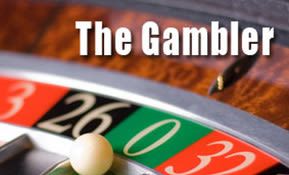
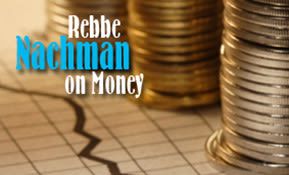
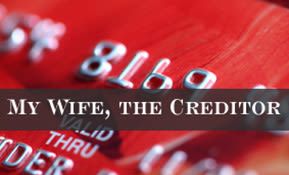
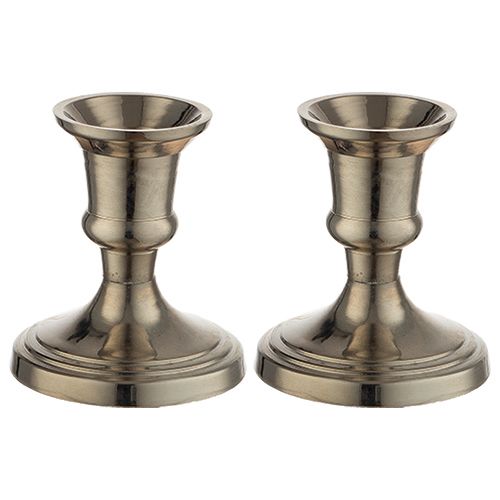
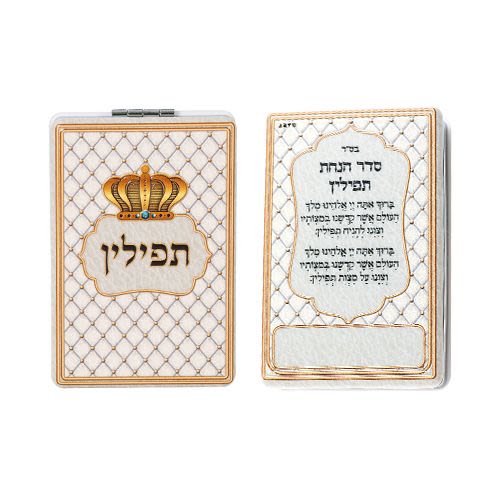
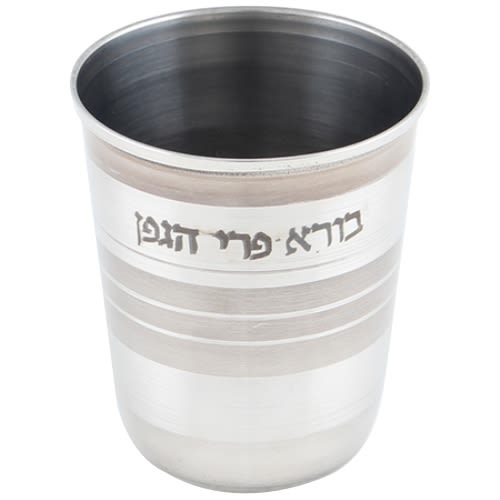
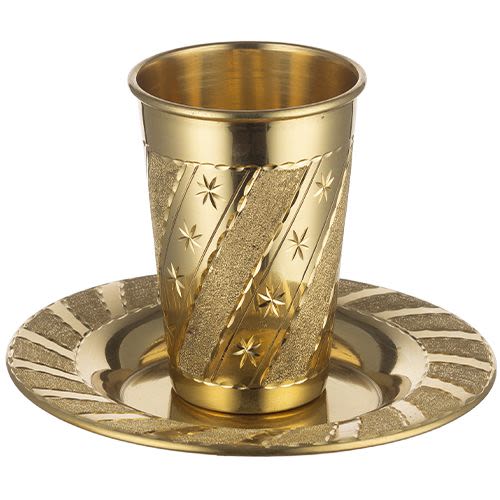
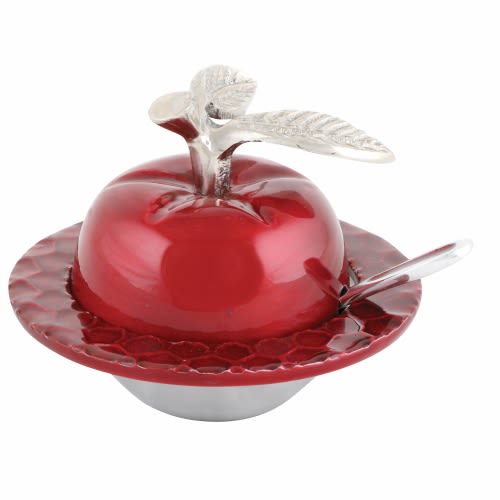
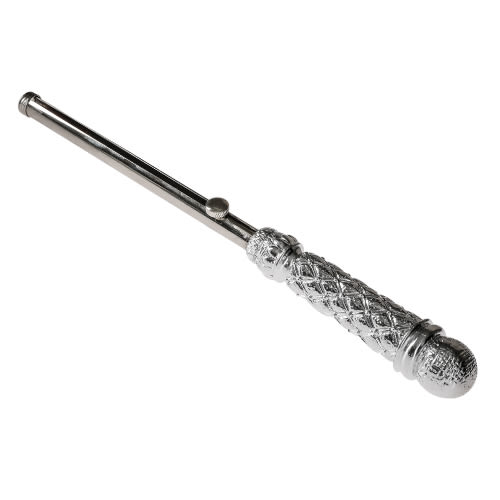
Tell us what you think!
Thank you for your comment!
It will be published after approval by the Editor.